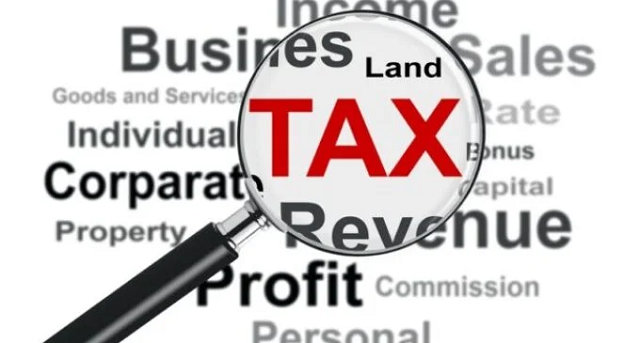Six Nigerian banks have paid a combined total of N205.59bn in windfall tax for the 2024 financial year, following unsuccessful lobbying efforts to reduce the levy. According to audited reports filed with the Nigerian Exchange Limited, these banks have begun complying with the new tax regulation.
The banks that have disclosed their payments include Zenith Bank, United Bank for Africa (UBA), Fidelity Bank, Wema Bank, Stanbic IBTC Holdings, and Guaranty Trust Holding Company (GTCO). Stanbic IBTC Holdings and GTCO serve as the parent companies of Stanbic IBTC Bank and Guaranty Trust Bank, respectively.
Breakdown of Windfall Tax Payments
Among the six financial institutions, Zenith Bank recorded the highest payment of N63.31bn, followed by UBA, which paid N57.91bn. UBA clarified that this amount covered two financial years, 2023 and 2024, breaking it down as follows: N24.819bn for 2023 and N33.092bn for 2024. GTCO paid N51.25bn, Stanbic IBTC Holdings paid N17.18bn, and Fidelity Bank paid N13.33bn, of which N5.71bn was attributed to gains from 2023. Wema Bank contributed the smallest amount, paying N2.62bn, approximately three per cent of its pre-tax profit of N102.52bn.
The windfall tax was introduced through the Finance (Amendment) Act 2023, passed by the National Assembly in July 2024 and signed into law by President Bola Tinubu in August 2024. The law mandates a 70 per cent levy on realised profits from foreign exchange transactions by banks between 2023 and 2025. This move aims to increase the tax revenue’s share of the gross domestic product from 11 per cent to 18 per cent within three years.
The tax specifically targets extraordinary profits banks accrued due to the significant devaluation of the naira in mid-2023. Banks holding foreign exchange assets recorded substantial gains when these assets were converted into naira or liquidated. The tax law, outlined in Section 29A, states: “There shall be levied and paid to the benefit of the Federal Government of Nigeria a levy of 70 per cent on the realised profits from all foreign exchange transactions of banks within the 2023 to 2025 financial years.”
Government Revenue Projections and Resistance from Banks
An analysis of the banks’ financial statements had initially projected a government revenue collection of over N425bn from seven banks. However, a senior government official revealed that the expected total revenue from the tax is now estimated at N1tn, indicating that remaining banks may still be required to pay an additional N600bn.
The banks were reportedly reluctant to pay the windfall tax, prompting extended discussions and lobbying efforts at the presidency. A source close to the situation explained, “Bank chiefs have been engaging with the presidency and top officials in an attempt to reduce the tax. They were particularly shocked when the National Assembly increased the tax rate to 70 per cent, leaving only 30 per cent for the banks.”
International credit rating agency Moody’s raised concerns about the tax in a report titled ‘Nigeria’s Proposed Windfall Tax on Foreign Exchange Gains is Credit Negative for Banks.’ The report warned that the tax could have an adverse impact on banks with capital adequacy ratios close to regulatory limits. Moody’s noted that Nigerian banks reported record profits in 2023, largely due to foreign exchange revaluation gains following the naira’s sharp 37 per cent devaluation in June 2023.
Moses Igbrude, National Coordinator of the Independent Shareholders Association of Nigeria, criticized the government’s approach. He argued that the tax unfairly targets banks without addressing the broader economic consequences of the naira’s devaluation. “While taxation funds government operations, imposing excessive levies without providing essential infrastructure like security, water, and power is counterproductive,” Igbrude stated. “The government is benefiting from the gains of devaluation but is not compensating companies that suffered FX losses due to the same policy.”
As discussions around the windfall tax continue, industry stakeholders remain divided on its long-term implications for the financial sector and the broader Nigerian economy.













